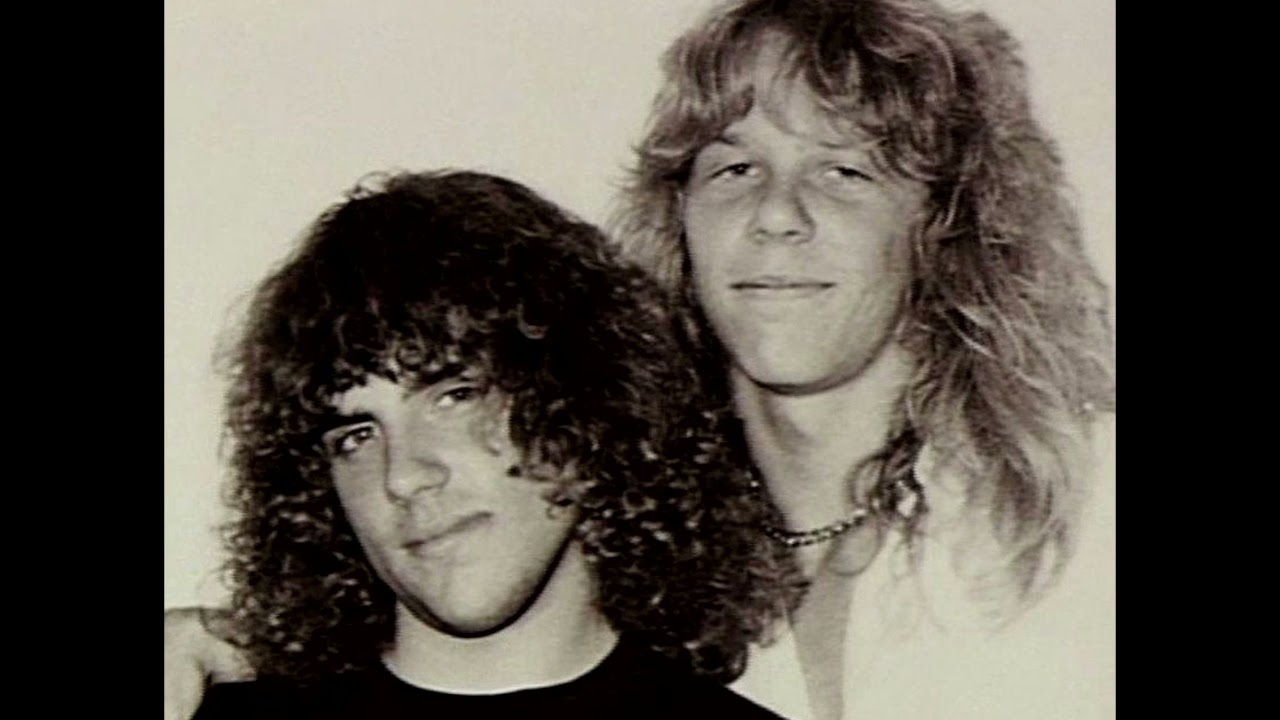Metallica Blog
The Original Bass Player for Metallica: Ron McGovney’s Role in the Early Days
When fans talk about Metallica, names like James Hetfield, Lars Ulrich, Kirk Hammett, and Cliff Burton often come to mind. Yet, before the band rose to become one of the biggest heavy metal acts in history, another musician held down the low end. That man was Ron McGovney – the original bass player for Metallica.
Though his tenure was brief, McGovney’s presence was crucial during the band’s formative period. From rehearsal spaces to early demos, he provided both support and stability that helped Metallica find its footing. This article dives deep into McGovney’s story, his contributions, his departure, and his lasting legacy in Metallica’s journey.
1. The Formation of Metallica and McGovney’s Arrival
In 1981, drummer Lars Ulrich and guitarist/vocalist James Hetfield formed a band inspired heavily by the New Wave of British Heavy Metal (NWOBHM). To fill out the lineup, they recruited lead guitarist Dave Mustaine and James’s high school friend Ron McGovney on bass.
McGovney wasn’t the most technically skilled bassist, but he played an invaluable role:
-
Providing rehearsal space in his garage.
-
Lending sound equipment and gear.
-
Financially supporting some of the band’s early activities.
In many ways, he was both a bassist and a backbone—helping Metallica survive in its infancy.
2. Early Demos and Songs
With McGovney on bass, Metallica began rehearsing covers of bands like Diamond Head and Blitzkrieg, alongside their first original compositions. Some early recordings and demos that later evolved into the legendary Kill ’Em All (1983) featured McGovney on bass.
These sessions gave Hetfield and Ulrich the chance to experiment with speed, aggression, and precision—key elements that would define thrash metal. McGovney’s playing, though simple, laid the groundwork for this raw energy.

3. Internal Tensions and Conflicts
Despite his contributions, McGovney often described himself as a “reluctant musician.” He admitted in interviews that he didn’t see music as a lifelong career. This attitude clashed with the ambitions of Hetfield and Ulrich, and especially with Dave Mustaine’s fiery personality. Mustaine frequently criticized McGovney’s skills and commitment, creating rising tensions within the group. By late 1982, the conflicts became too heavy, leading McGovney to leave the band.
4. Cliff Burton Joins – A Turning Point
McGovney’s departure opened the door for Cliff Burton, a bassist whose creativity and technical mastery would transform Metallica’s sound. Burton’s unique style—blending classical influences with heavy distortion—elevated the band and shaped albums like Ride the Lightning and Master of Puppets => Read More: The Dark Story Behind “Master of Puppets”: An Analysis of Control and Ruin
While McGovney never appeared on a studio album, his role in the early demos and his support in those crucial months gave Metallica the stability to keep moving forward. Without him, the band’s history may have unfolded very differently.
5. Life After Metallica
Unlike Mustaine, who went on to found Megadeth, McGovney stepped away from the spotlight. He pursued a quiet life outside the music industry. Occasionally, he has resurfaced in interviews and on social media to share stories of his time with Metallica.
Fans often appreciate his candid reflections—whether about early gigs, his relationship with Hetfield, or the chaotic energy of Metallica’s garage days.
6. Legacy and Fan Recognition
To many fans, Ron McGovney remains an unsung hero. He represents the garage-band roots of Metallica—the era before platinum records, sold-out stadiums, and Grammy Awards.
His story reminds us of a timeless truth:
Every legend starts small, and every giant needs a foundation.
Without McGovney, there would be no first demos, no practice space, and perhaps no Metallica as we know it.
7. Recommendations for Metallica Fans
If you’re fascinated by Metallica’s early history, you can relive that raw garage-band spirit through exclusive fan merchandise:
- Metallica Baseball Jerseys – sporty designs inspired by the band’s iconic style.
- Metallica Sweaters – cozy apparel for cold seasons and casual wear.
- Metallica Hoodies – the perfect outfit for winter concerts.
These collectibles aren’t just products—they’re a way to carry a piece of Metallica’s history with you.
Conclusion
Ron McGovney’s role as the original bass player for Metallica may have been brief, but his impact endures. And for fans who want to keep that legacy close, MetalicFury offers posters, canvas prints, and apparel to carry a piece of Metallica history into their daily lives

